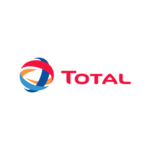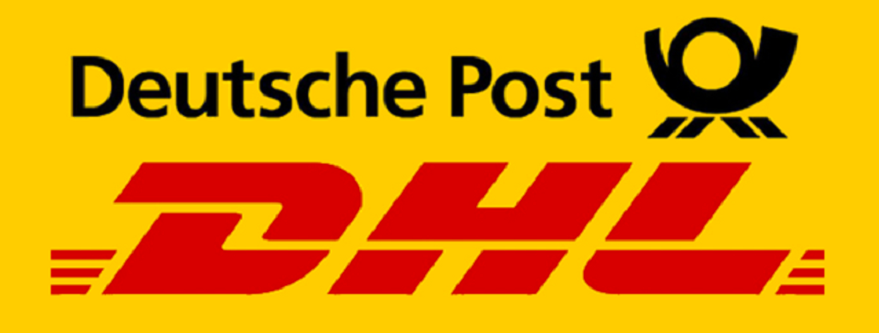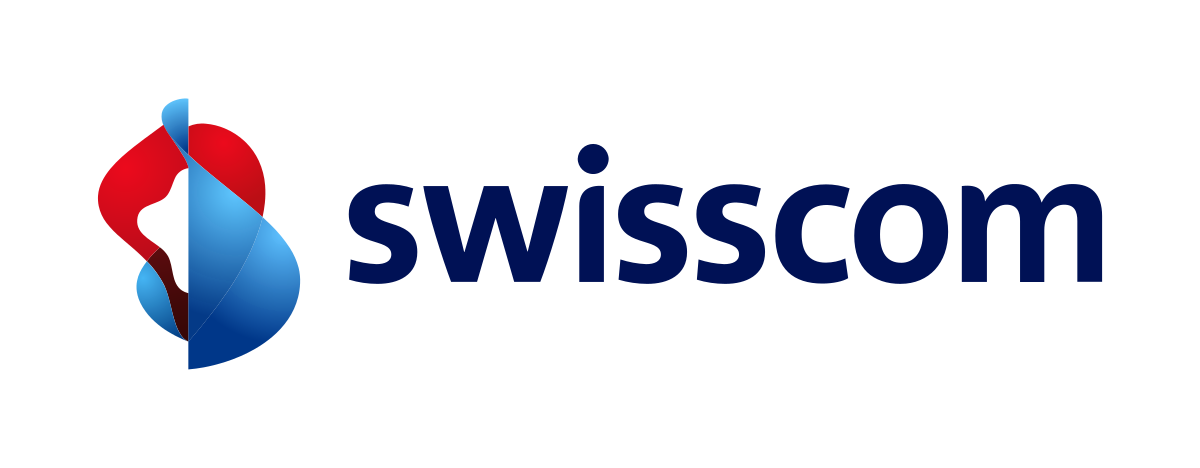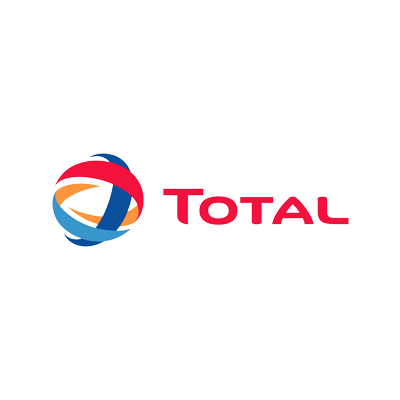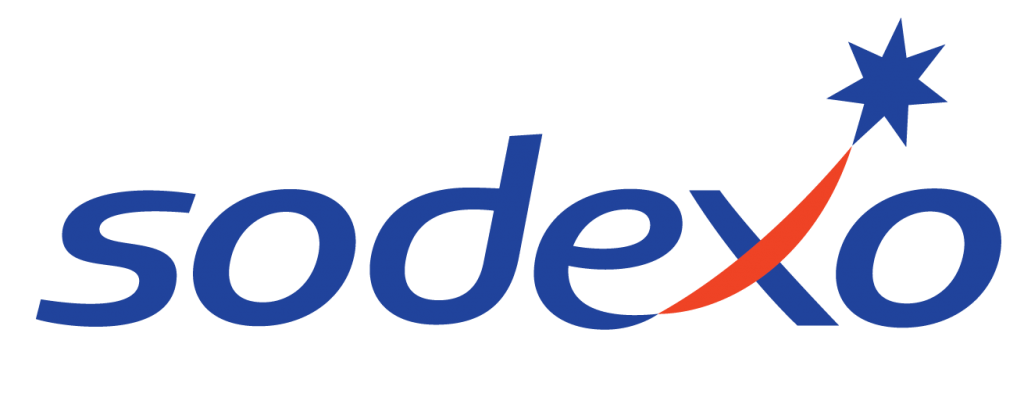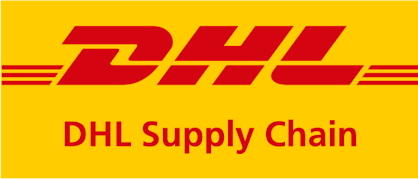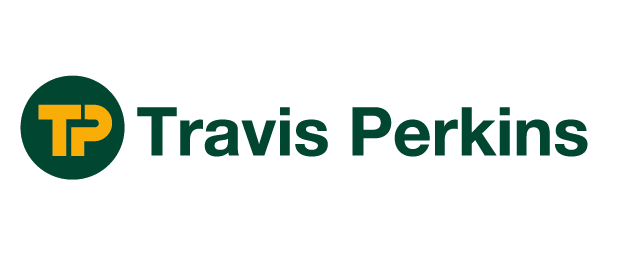In the face of growing public awareness of sustainability and the need to take care of the environmental, social, and managerial aspects of business operations, the European Union is introducing new regulations aimed at increasing companies’ transparency in these areas. The Corporate Sustainability Reporting Directive (CSRD) and the accompanying European Sustainability Reporting Standards (ESRS) are key elements in this process, imposing new ESG (Environmental, Social, and Governance) reporting obligations on companies.
ESG reporting obligation under ESRS standard
Under the CSRD, which went into effect on January 5, 2023, all large companies and listed companies (except for micro-enterprises) will be required to disclose information on the impact of their activities on people and the environment. The first reports under the new regulations will have to be published in 2025, covering data from the 2024 fiscal year. The introduction of the ESRS is intended to standardize reporting, making it easier to compare data between organizations and providing greater transparency for investors and other stakeholders.
The scope of reporting
ESG reporting in the ESRS (European Sustainability Reporting Standards) is
a comprehensive system for the disclosure of sustainability information by companies. The standards were developed in response to the Corporate Sustainability Reporting Directive (CSRD) and aim to ensure transparency and comparability of ESG data among companies in the European Union. The ESRS includes three main categories of reporting: environmental (E), social (S), and corporate governance (G), which together form
a comprehensive picture of a company’s impact on the environment and society.
Category E – Environmental
The environmental category focuses on disclosing information about a company’s impact on the environment. Under this category, companies are required to report on, among other things:
- Greenhouse gas emissions and climate change management
- Use of natural resources, including water and energy
- Impact on biodiversity and ecosystem protection
- Waste production and management
- Environmental pollution and emissions of harmful substances
Category S – Social
The social category covers aspects related to the company’s social responsibility, including:
- Human rights and working conditions
- Gender equality and diversity in the workplace
- Safety and health of employees
- Impact on local communities and their development
- Consumer-related issues, including product and service safety
Category G – Governance (Corporate Governance)
The corporate governance category focuses on disclosures about:
- Governance structure and management practices
- Anti-corruption and anti-money laundering policies
- The role and composition of the company’s governing bodies on sustainability issues
- ESG due diligence procedures
- Risk management and identification of areas relevant to sustainability
Challenges of ESG reporting
ESG reporting should not only be considered as a response to legal requirements but also a key element in building trust and transparency with stakeholders. Unfortunately, setting an ESG reporting strategy comes with several challenges that companies need to overcome in order to effectively and transparently communicate their activities and impact sustainability. Here are some key issues:
- The complexity of requirements: ESG reporting covers a wide range of data on
a company’s environmental, social, and corporate governance impacts. Setting
a strategy allows for a systematic approach to collecting and presenting this information in a way that is understandable and consistent with applicable standards.
- Data collection and integration: Collecting data from various departments and sources within a company and then integrating it to create a coherent ESG report is
a complex process. It requires effective information systems and data management tools.
- Dual materiality study: One of the main challenges is to conduct a dual materiality study to understand how the company’s operations affect the environment and society, and how changes in these areas affect the company. This requires a deep understanding of both internal and external factors affecting the company.
- Calculation of greenhouse gas emissions: Accurately calculating a company’s carbon footprint, including Scope 1, 2, and 3 greenhouse gas emissions, is crucial to assessing a company’s impact on climate change. The challenge is to collect the right data and use the right methodology to calculate it.
- Compliance with regulations and standards: Ensuring compliance with rapidly changing regulations and reporting standards such as the ESRS is a challenge. Companies must keep abreast of regulatory changes and adjust their reporting strategies accordingly.
- Communication with stakeholders: Effective communication of ESG reporting results with various stakeholder groups, including investors, customers, and employees, requires clear and accessible messages. The challenge is to present complex data understandably and engagingly.
- Risk management: Identifying and managing ESG risks, including reputational, regulatory, or financial risks, is a key component of the reporting strategy. The challenge is to anticipate potential risks and develop strategies to minimize them.
- Set targets and monitor progress: Setting realistic but ambitious ESG targets and regularly monitoring progress against them requires sophisticated analytical tools and verification processes. Companies must also adjust their strategies in response to changing conditions and results achieved.
- Industry-specific adaptation: Every company operates in a different industry context, which means that its ESG reporting strategy must be tailored to its unique conditions and challenges. Expert assistance helps identify the key ESG areas that are most relevant to a given company.
Overcoming these challenges requires commitment at all levels of the organization, as well as the use of expertise and dedicated tools to support data collection, strategy management, ESG monitoring, and reporting.
Jedox as a strategy management and ESG reporting tool
As an advanced reporting and planning tool, Jedox offers a unique solution that enables companies in the Polish market to effectively manage and report ESG according to the latest standards.
Integration with Various Data Sources
One of Jedox’s key advantages is its ability to integrate with a variety of data sources, which is essential for comprehensive ESG reporting. This makes it easy for companies to aggregate data from different departments and systems, such as ERP and CRM systems, as well as external databases, providing a complete picture of a company’s environmental, social, and governance impact.
Flexibility and Scalability
Jedox’s flexibility and scalability allow the tool to be customized to meet the needs of any organization, regardless of size or industry. This allows companies to expand their ESG reporting systems as they grow and evolve, without worrying about technological limitations. This makes Jedox an ideal solution for small businesses and large corporations alike.
Data Security
In the digital age, data security is a top priority for any organization. Jedox provides high data security through advanced encryption protocols and compliance with international security standards. This gives companies confidence that their ESG data is protected from unauthorized access and cyber threats.
Advanced Reporting Features
Jedox offers advanced reporting features that enable detailed and interactive ESG reports. This allows companies to not only meet regulatory requirements but also to analyze their ESG activities, identify areas for improvement, and communicate their achievements internally and externally.
Automate information flow processes
Jedox enables the creation of automated workflows that support an organization’s planning and reporting processes. This allows users to define and automate tasks such as data entry, approval at various levels, and progress monitoring.
Initiative management
Jedox supports initiative management by enabling users to define goals, create and manage projects related to the implementation of the adopted ESG strategy, and monitor progress in real-time.
Ability to Consolidate with Financial Planning
A unique advantage of Jedox is the ability to consolidate ESG reporting with financial planning. This allows for the integration of ESG strategy into a company’s overall business and financial strategy, which is key to achieving sustainable growth. This enables companies to better manage risk, optimize costs, and maximize value for shareholders and other stakeholders.
Summary
Jedox provides a comprehensive solution for companies in the Polish market that want to effectively manage and report their ESG activities under the ESRS. With integration with various data sources, flexibility, scalability, data security, advanced reporting features, and the ability to consolidate with financial planning, Jedox enables companies not only to meet regulatory requirements but also to achieve sustainable growth and build sustainable value.

